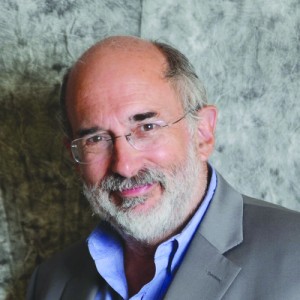
Innocuous and overlooked, Central Falls usually isn’t seen as a radical experiment in democracy. On February 4, however, it will open the Central Falls Neighborhood Health Station, a collaboration between Blackstone Valley Health Care, Inc and the city of Central Falls. This is a community health clinic on steroids. At 47,000 square feet it will service almost 20,000 patients, with a goal of servicing all of Central Falls. It will join the half dozen or so community health organizations that service 200,000 Rhode Islanders across dozens of locations around the state.
The Health Station will do medical care, urgent care, lab and x-ray, mental behavioral health care, physical therapy and many other services. The goal of the Health Station is to have everyone in the city enroll and use it, with different pay options available depending on an individual’s situation. There’s a sliding scale for people without insurance, and funding for some of the more atypical services comes from government grants. The station will be open 8am to 8pm, and is easily within walking distance for everyone.
“What I think is unusual, and a little exceptional,” said Dr. Michael Fine of the new facility, “is the notion of bringing the organizing process to healthcare as a place to do community organizing.” Dr. Fine helped facilitate the partnership between Blackstone Valley Healthcare Inc and Central Falls to create the Health Station. He is part doctor and part activist, and served as the director of the RI Department of Health during Lincoln Chafee’s time in office. He got his start in activism in the ‘70s in the Bronx. He and others trained residents of some of the high rises to be healthcare workers in each building, and from there organized them into an informal healthcare system.
The average cost of health care per person in America is $11,000. “We have evidence from other industrialized countries that [health care] costs half of that,” said Dr. Fine, who believes a key reason why healthcare is so costly in America is that 55% or fewer of Rhode Islanders receive adequate primary health care. That’s seeing your doctor in the last two years, getting a checkup and practicing preventative care.
“We have not succeeded in bringing very basic preventative technologies and approaches to the entire population,” said Dr. Fine. “We’ve totally failed at that.” Dr. Fine is looking for ways to include diet and exercise into the health station, organizing places for people to exercise and teaching people how to cook.
Part of the mission of the new health station is to collect public health data because lack of available data is one of the reasons why public health is suffering. There is very little data at all on specific community health issues and what little data is available isn’t shared among different health organizations and doctors. “Part of the challenge of building a healthcare system from the ground up is developing the capacity to produce that information,” said Fine.
“It’s a hard thing to think about health as an individual,” says Dr. Fine. “When we think about health, we don’t mean our ability to live forever, because no one does, or be free from pain, which no one is, but our ability to function in the community.” Public health is required for democracy. If you’re dealing with or trying to pay for treatment or other healthcare, you can’t advocate on your own behalf.
Much of this approach is outlined in Dr. Fine’s book: Healthcare Revolt. In it he diagnoses the many problems with American healthcare, and how measures like the Affordable Healthcare Act didn’t do much to solve our public health problem. While the Medicare for All movement is slowly gaining steam, taking public health out of the marketplace and protecting it as a human right seems a distant utopia.